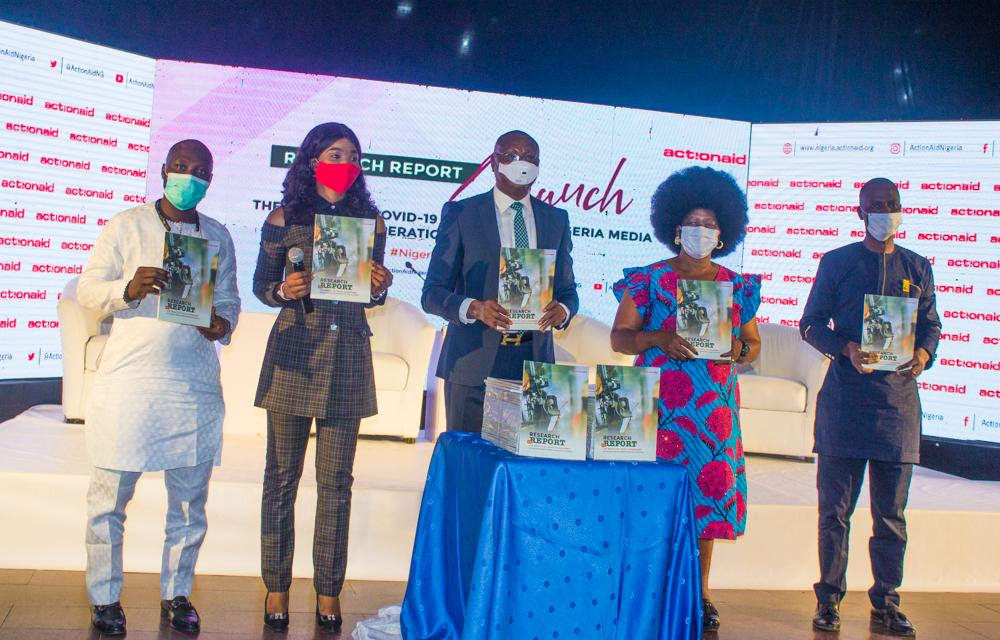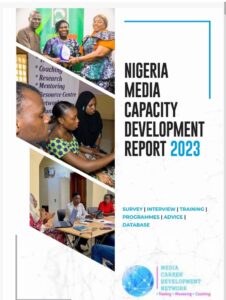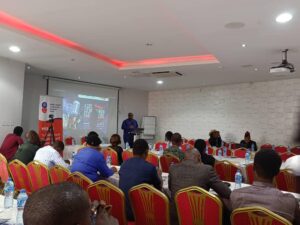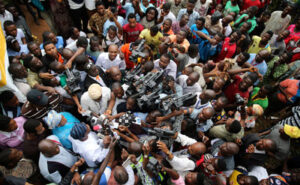A research report commissioned by ActionAid Nigeria on the Impact of COVID-19 pandemic on Nigeria media operation and survival has offered suggestions on how journalists and media organisations can cope with the emerging challenges.
The report launched on Tuesday in Abuja by the Country Director, Ene Obi was conducted Isine Ibanga. Research Fellow and Managing Editor of Next Edition Newspaper.
Based on the findings and emerging issues from the research, the following recommendations were made;
*With the significant reduction in the number of staff available for work in newsrooms and the advent of virtual reporting, there is a serious need for a new policy framework to address the emerging trend.
*The federal government through the Central Bank of Nigeria should create a single digit loan package to support media organisations in the country.
*There is need for government to lower tariffs on media consumables which are largely imported, grant tax holiday, and above all, build a solid economy that guarantees growth and investment.
*Media organisations should think of creating a stronger virtual presence than they do now. In that way, they can attract more hits online, sell their contents and equally attract more advertisements.
*Low revenue caused by low sales and low advert intake. Yet the cost of production is on the rise because most of the consumables are imported like the newsprint, the ink, the machines and the printing plates. There is, therefore, an urgent need for intervention to reduce costs and to enable the media to stay afloat because they offer essential social services to the society.
READ ALSO: COVID-19: Survival options for media in Nigeria
*Government and entrepreneurs should invest more in information technology infrastructure that would create an enabling environment for robust media practice.
There is a need for media organisations to own their own means of transportation to aid the mobility of reporters in order to shield them from the risk of contracting the virus through the patronage of the public transportation system.

*There is also a need to develop a new remuneration template that takes cognisance of the new skillsets and usage of specialised digital tools needed to produce and deliver content capable of attracting and sustaining public patronage.
*Since the operations of the media have now shifted largely to the virtual space, the high cost of data and the poor-quality service by telecommunications operators have become major issues of concern for the survival of the industry. There is, therefore, an urgent need for stakeholders to device ways of ensuring the media have access to data that is both affordable and strong in connectivity. Since the media fulfil social responsibility, it would not be too much to consider data subsidy and rebates on tariffs for the consumables used by the industry.
*There is a serious need for training and retraining of journalists and media managers on the business side of their operations, that is, how to run profitably without compromising professional ethics and social responsibility.
*It is important for the Nigerian society to give close attention to the issue of the sanity, mental and psychological health of journalists because a dislocation in this area of well-being in their lives would amount to a dislocation on the entire nation.
*The recommendations made pursuant to this study could be implemented on the platform of the proposed SCARS Intervention Model (SIM) discussed in the segment on Research Outcomes.






